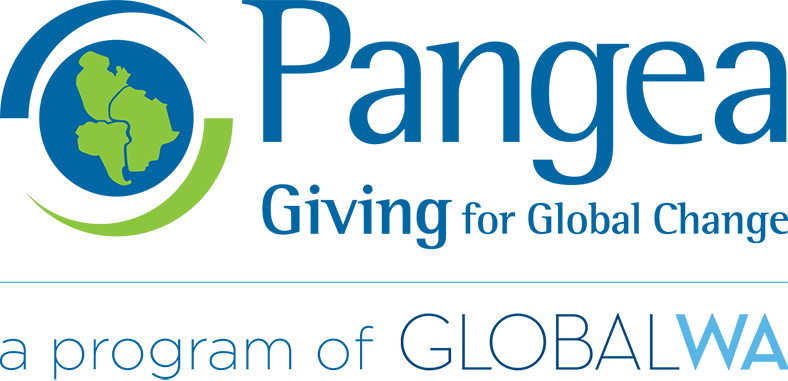“No one visits us out here” | reflections on a site visit trip to Oaxaca, Mexico
Going into my first site visit trip, I wasn’t sure what to expect. We had a full week scheduled in Oaxaca, Mexico, a few meetings to better understand the regional context, and plans to visit three community organizations that we fund who address gender and women’s rights issues (UNOSJO, MUSOR and GESMujer). Despite knowledge of these facts, I felt rather uncertain of how the week would actually unfold.
My first takeaway: Don’t expect to know what to expect.
A lot of work goes into planning the site visit (my gratitude to Pangea members Susan and Betsy for their prep work scheduling all the meetings, booking our team hotel and everything in between). Despite the planning, it’s important to be able to go with the flow.
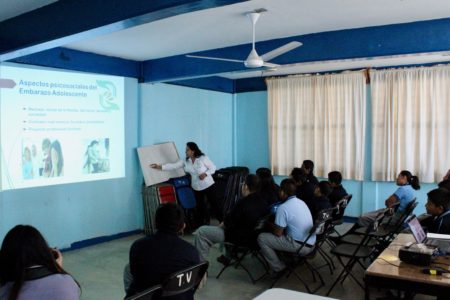
My stomach was growling after a string of visits to secondary schools where MUSOR, a new partner, is leading workshops on sex education and healthy romantic relationships. Then, when I finally thought it was time for lunch, we made one last unexpected stop at the office of the district superintendent. This meeting wasn’t on the agenda to start the day. But when an opportunity to discuss how they can bring their programming into more schools in the community arose, the MUSOR team jumped at it and brought us along. After all that, it was finally time for lunch, around three in the afternoon.
The uncertainty can extend beyond logistics to the actual programming as well. We drove 3 hours on windy dirt roads to reach the Yagila de Juarez, a community in the Sierra Juarez mountains north of Oaxaca City. There we visited a school where our other new grant partner, UNOSJO, runs programming. We met the school director, the teachers and students. After making the drive back to Ixtlan, our resting place for the night (and enjoying a delicious late lunch at the simplest of roadside restaurants), our site visit team convened and compared notes. We were impressed by the knowledge and energy of UNOSJO’s staff, but completely lost to how they were addressing violence against women in rural communities, the project we funded for 2019. Fortunately, we had another meeting scheduled for the following morning.
Takeaway number two: Ask questions.
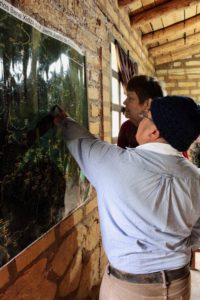
A lot can be lost or misunderstood in grant applications or in digital communication, especially across languages and very different cultures. Site visit conversations can illuminate the complexity of grantees work that gets lost across distance and in translation.
We came to that morning meeting with some direct questions. And after a few more hours of conversation we stepped away with a much deeper and more nuanced understanding of the UNOSJO’s work and the project we are funding. UNOSJO is a lynchpin civil society organization in the Sierra Juarez. For nearly 30 years they have defended indigenous rights in the villages of the region, doing everything from advocating to the protect indigenous corn varieties to maintaining the mountain roads with their own fleet of construction vehicles. On violence against women, we learned that UNOSJO’s definition of violence is structural and that their programming everything from the cultural violence that burdens women with the certain family responsibilities when male relatives migrate to forms of psychological and physical violence.
Takeaway number three: Be open and ready to learn.
For me, this gets to a fundamental reason that Pangea conducts site visits. And what a wonderful opportunity they provide.
In our week in Oaxaca, we learned about the programming of two new partners in a way that was simply not possible by reading their grant applications. We did this by seeing programs in person and by building relationships on long cars rides, over delicious meals and through asking difficult questions.
We were also able to learn new things about a long-term partner—GESMujer—like how the federal government’s dramatic reduction in funding for civil society organizations is deeply impacting the future of even the most well established and respected community organizations in Mexico.
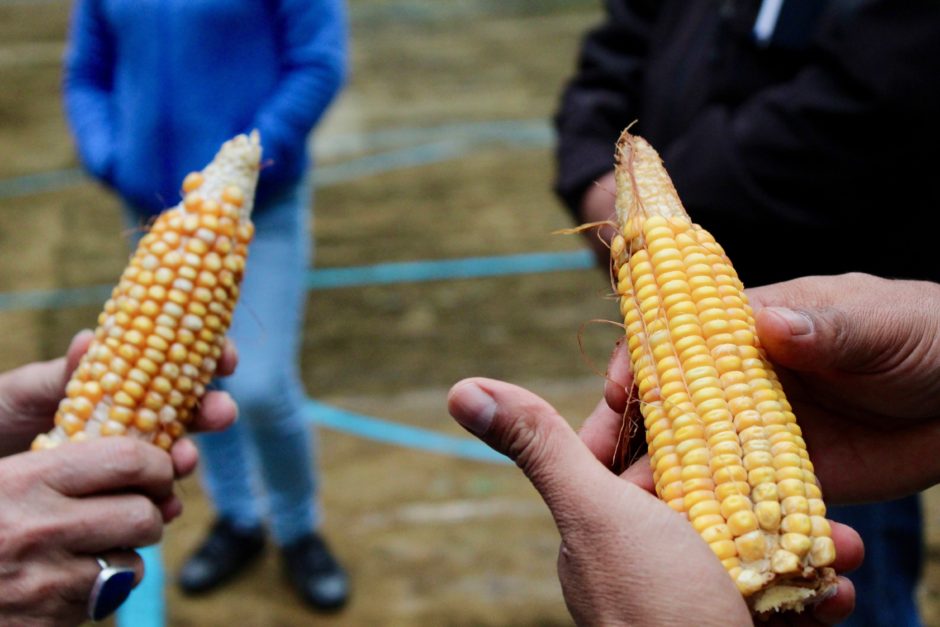
But we also heard about the ideas and issues that don’t easily permeate the borders of the United States. Ideas like feminiso comunitario, an approach to feminism that combines indigenous and community frameworks on justice and that reflects how organizations like UNOSJO are thinking about violence against women.
We learned about issues like the contention over patenting of a nitrogen-fixing indigenous maize varietal or the relationship between the evangelical movement and rightwing politics across Latin America. Or even just the nuances of the mezcal industry and artisanal production, something I learned from a local woman and participant in GESMujer’s community advocate program.
One last thing: I’m somewhat prone to motion sickness. So, after three hours bouncing around in the back of the van on the way to Yagila de Juarez, I wasn’t feeling particularly great. Honestly, I was thinking about why we couldn’t have just skipped the drive and met with the staff in UNOSJO’s offices. But when we disembarked and met Yagila’s school director, he greeted us with a genuine appreciation. He went on to say, “No one visits us here.” To me, these words capture another critical reason for Pangea site visits.
So here’s the final takeaway: Site visits are about affirming our partnership.
We are there to learn, to evaluate our partners. But we are also there to put in time and to show that a funding relationship with Pangea is about much more than an exchange of currency.
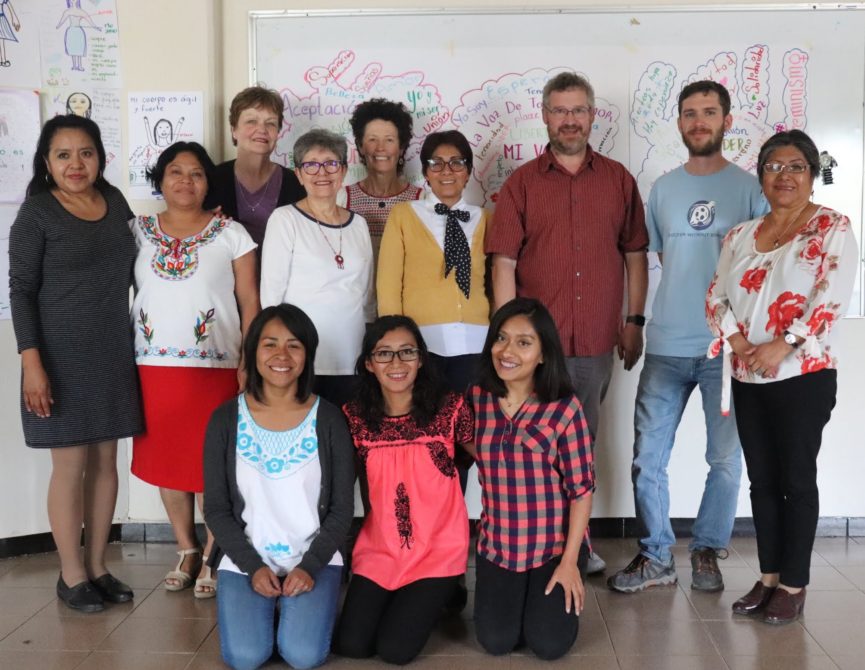
This post was written by Nick Dreher, Pangea’s Communications & Operations Coordinator.








